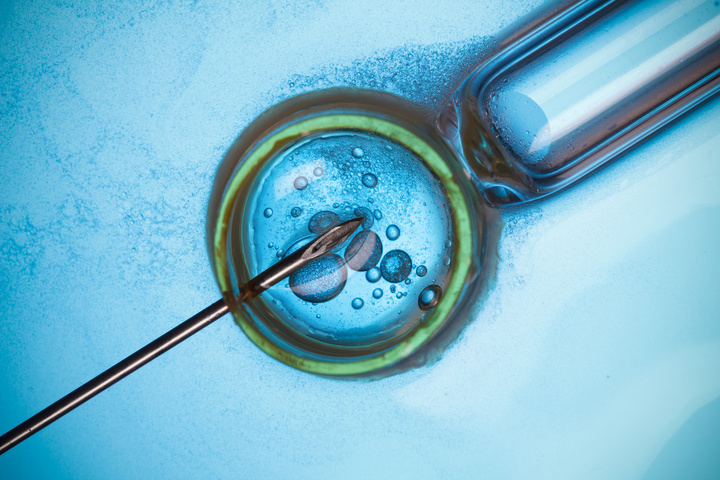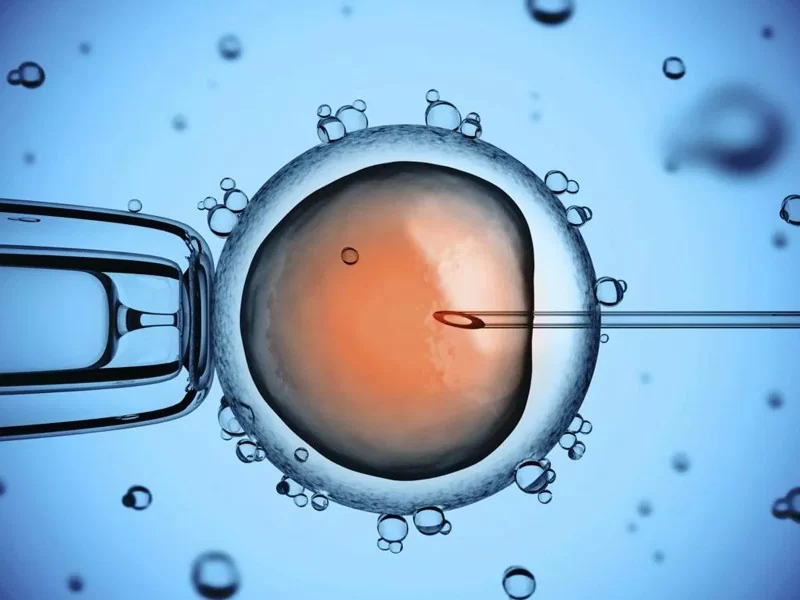
ICSI Treatment
ICSI is the second major advancement in modern fertility treatments, the first one being IVF, as it allowed fertility specialists to tackle male factor infertility directly. The ICSI procedure is a direct introduction of the sperm cells of an individual in every egg that is produced through IVF (in vitro fertilisation). The created embryo is transferred to the uterus, allowing an embryo pregnancy. ICSI is an extremely revolutionary method of conception that has given possibilities to couples who have not been able to get pregnant.


Suppose you’re struggling to conceive and are considering ICSI treatment before making your final decision. In that case, you must prepare and understand the basics of what ICSI will be and what it could assist you in starting your own family. ICSI is a treatment for Kota infertility requiring a regular procedure that makes it positive for all infertile males.
ICSI is a possible option in the following situations:
- If you have a low sperm count.
- If the sperm isn’t moving correctly
- In cases where the sperm exhibit the highest percentages of abnormality
- If sperm was taken straight from the epididymis (PESA) or the testicles (TESA) either via urine or through electroejaculation
- If there is a high concentration of antibodies present in the Semen
- In cases where fertilisation failed in the previous IVF treatment
- When the sperm has been frozen
ICSI is a Standard Treatment It requires just 5 simple steps Following:
- A mature female egg companion is removed by a pipette specially designed for the task.
- A small, deep and sharp needle is used for carrying out the sperm of one of the partners.
- Then, a needle is placed over the egg’s shell and into the egg’s cytoplasm.
- Following that, sperm gets then injected into the cytoplasm.
- The embryologist is responsible for checking each day for fertilisation.
After completing the five steps above, after which fertilisation occurs, the embryo is placed in the female womb. The fertility specialist will look at ultrasounds and blood tests to determine whether the pregnancy occurs.

